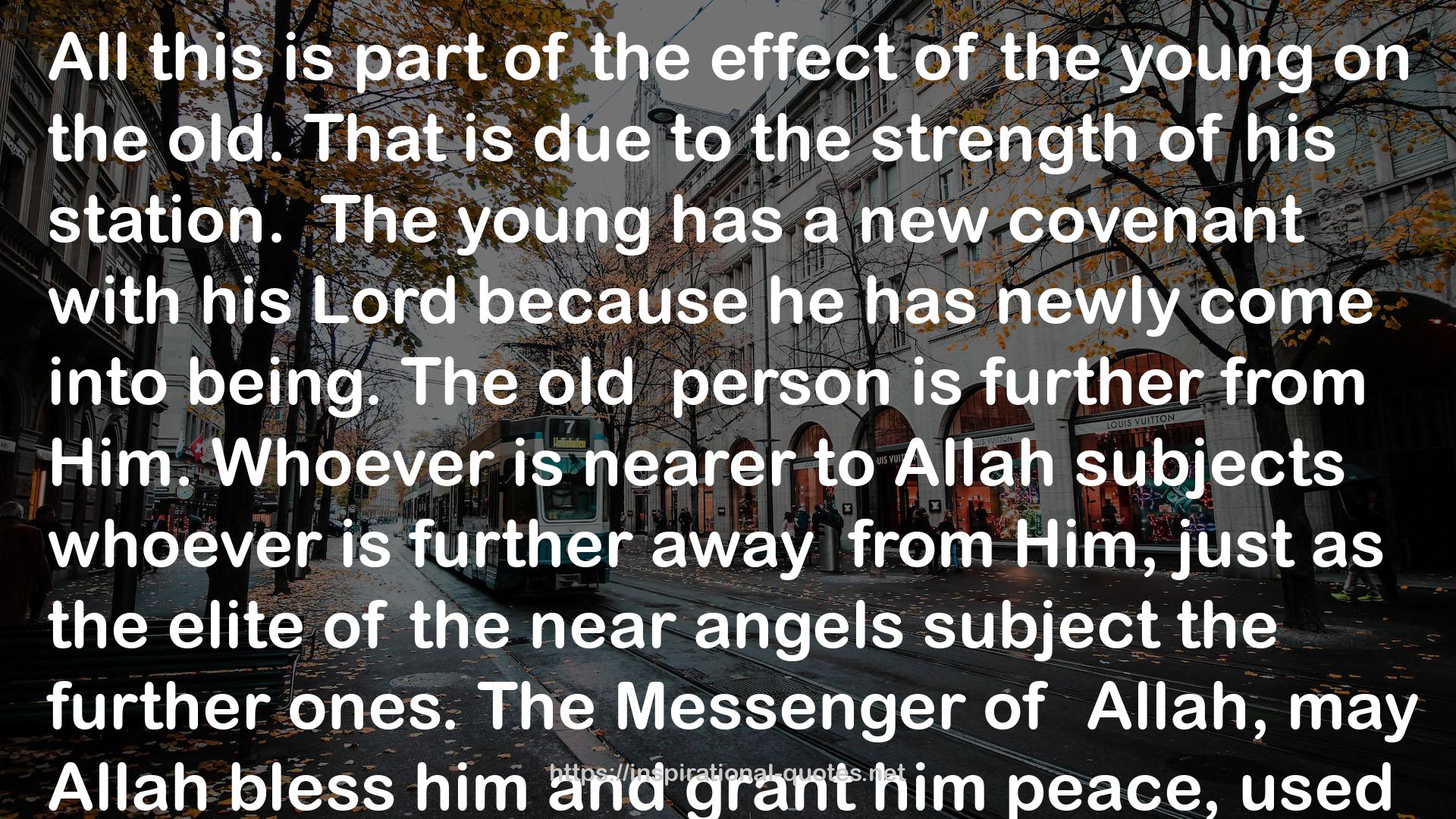The Bezels of Wisdom QUOTES
SOME WORKS
- Gross Misbehavior and Wickedness: A Notorious Divorce in Early Twentieth-Century America
- Heartburn
- I Am Having So Much Fun Here Without You
- Detour Amour
- Something to Write Home About
- The Golden Couple
- Hidden Husband
- The Great Indian Dilemma
- Crossing the Mirage - Passing through Youth
- Happy Wives Club: One Woman's Worldwide Search for the Secrets of a Great Marriage

